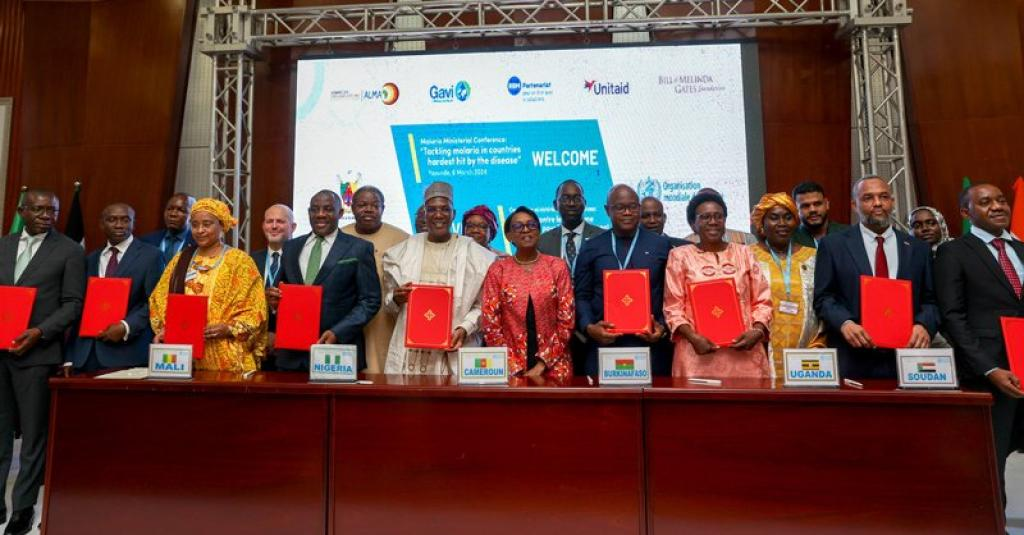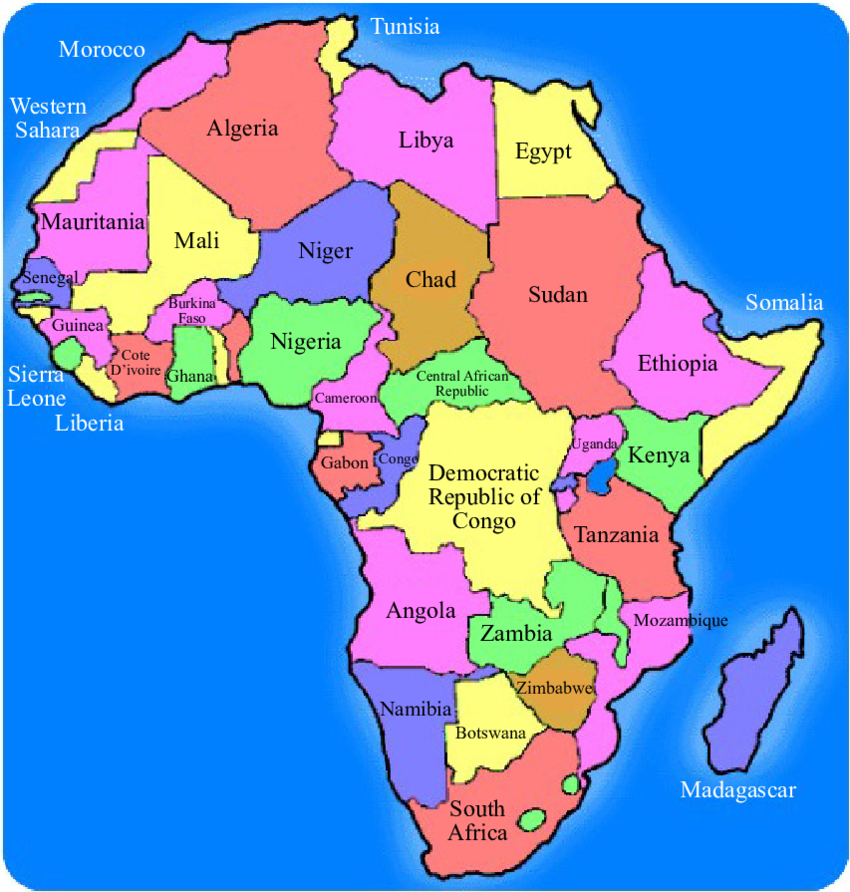Free Courses Sale ends Soon, Get It Now


Free Courses Sale ends Soon, Get It Now



Copyright infringement not intended
Picture Courtesy: https://www.downtoearth.org.in/news/world/yaounde-declaration-health-ministers-of-11-african-countries-commit-to-end-malaria-deaths-94922
Context: The Yaounde Declaration made by the Health Ministers from 11 African countries that accounts for the majority of malaria cases and fatalities worldwide. The declaration reflects their renewed commitment to eliminating malaria mortality.
Key Highlights

World Malaria Report 2023
Conclusion
Must Read Articles:
MALARIA: https://www.iasgyan.in/daily-current-affairs/malaria-2
|
PRACTICE QUESTION Q. What is the main objective of the Yaounde Declaration, which made headlines recently? A) Strategies for mitigating climate change B) Commitment to eliminating malaria deaths. C) Political reforms in Africa D) Initiatives to promote economic growth Answer: B |
© 2024 iasgyan. All right reserved